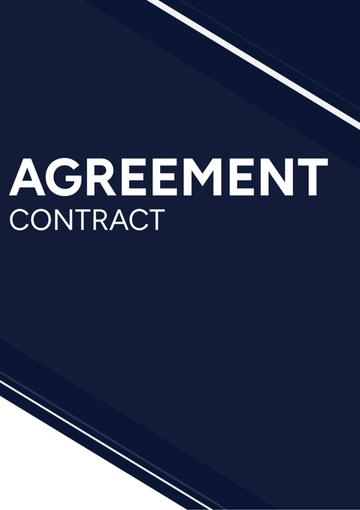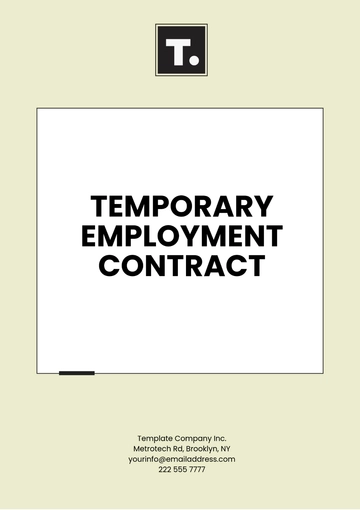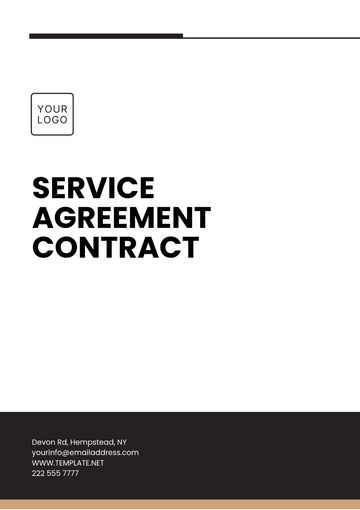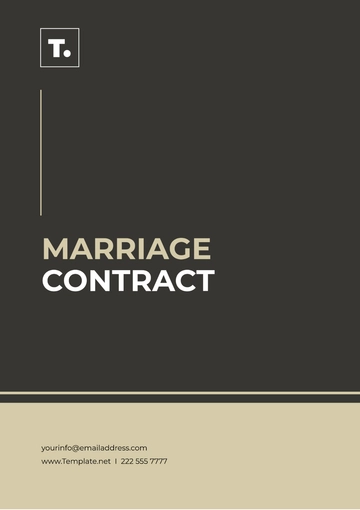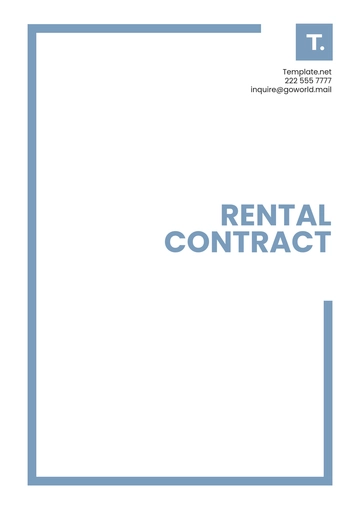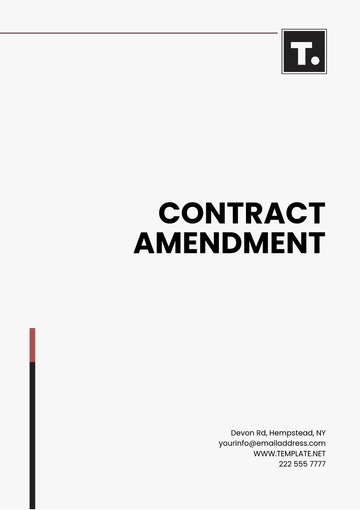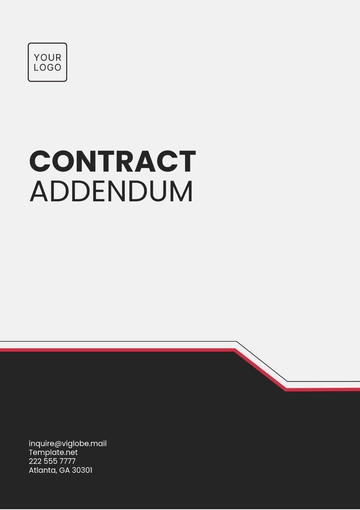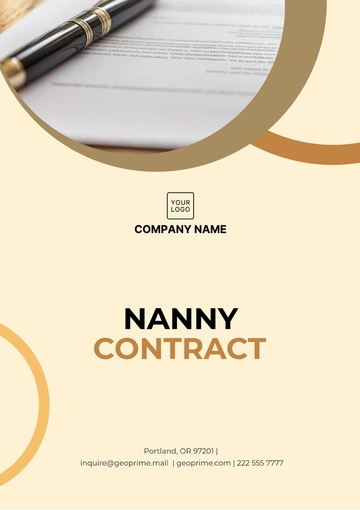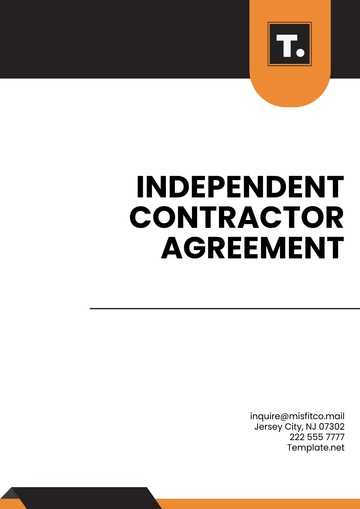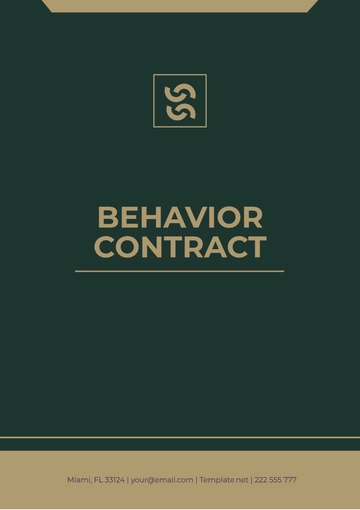Free Sales Contract Compliance Document
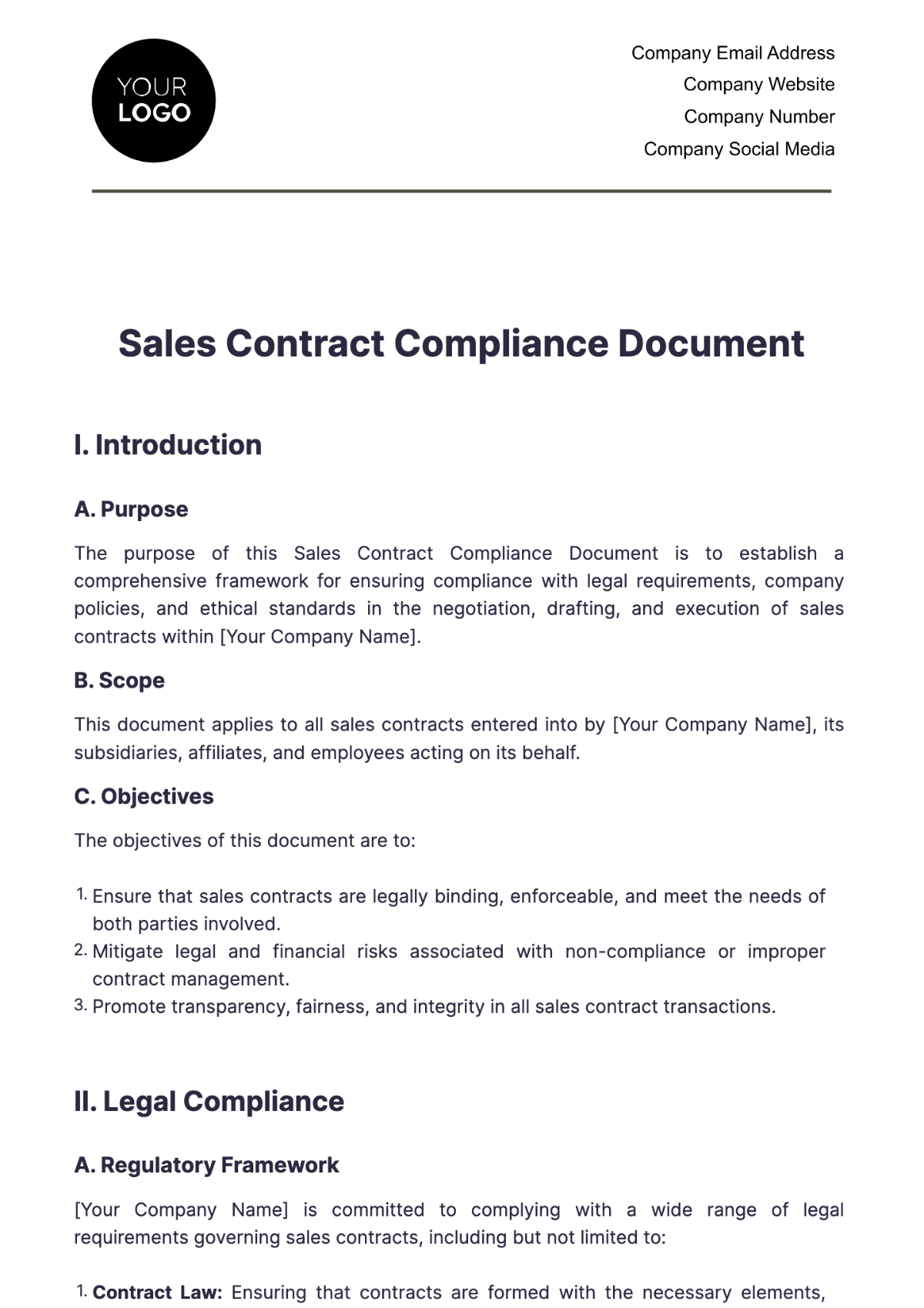
I. Introduction
A. Purpose
The purpose of this Sales Contract Compliance Document is to establish a comprehensive framework for ensuring compliance with legal requirements, company policies, and ethical standards in the negotiation, drafting, and execution of sales contracts within [Your Company Name].
B. Scope
This document applies to all sales contracts entered into by [Your Company Name], its subsidiaries, affiliates, and employees acting on its behalf.
C. Objectives
The objectives of this document are to:
Ensure that sales contracts are legally binding, enforceable, and meet the needs of both parties involved.
Mitigate legal and financial risks associated with non-compliance or improper contract management.
Promote transparency, fairness, and integrity in all sales contract transactions.
II. Legal Compliance
A. Regulatory Framework
[Your Company Name] is committed to complying with a wide range of legal requirements governing sales contracts, including but not limited to:
Contract Law: Ensuring that contracts are formed with the necessary elements, such as offer, acceptance, consideration, and mutual assent, to be legally enforceable.
Consumer Protection Laws: Protecting consumers from unfair or deceptive sales practices and ensuring that contract terms are clear and understandable.
Antitrust Laws: Preventing anti-competitive behavior, such as price-fixing or market allocation, in sales contract negotiations.
Data Privacy Regulations: Safeguarding the privacy and security of personal information collected during sales transactions, in compliance with laws such as the General Data Protection Regulation (GDPR) or the California Consumer Privacy Act (CCPA).
B. Compliance Responsibilities
It is the responsibility of all employees involved in the sales contract process, including sales representatives, legal counsel, and management, to familiarize themselves with applicable laws and regulations and ensure compliance in their activities.
III. Company Policies
A. Sales Contract Approval Process
[Your Company Name] has established a structured approval process for sales contracts to ensure compliance with internal policies and procedures.
Authorization Levels: Designating specific individuals or departments responsible for approving sales contracts based on their monetary value, complexity, and potential impact on the business.
Documentation Requirements: Specifying the documents and information required for contract approval, such as terms and conditions, pricing details, delivery schedules, and payment terms.
B. Training and Awareness
All employees involved in the sales contract process receive training on company policies and procedures to enhance their understanding of compliance requirements and their role in ensuring adherence to them.
IV. Ethical Standards
A. Code of Conduct
[Your Company Name] maintains a Code of Conduct that outlines the ethical principles and values expected of all employees when engaging in sales contract negotiations and transactions.
Conflict of Interest: Employees are required to disclose any conflicts of interest that may arise during contract negotiations and refrain from actions that may compromise their impartiality or the integrity of the contracting process.
Bribery and Corruption: Prohibiting the offering, solicitation, or acceptance of bribes, kickbacks, or other unlawful inducements in connection with sales contracts, in compliance with anti-bribery laws such as the Foreign Corrupt Practices Act (FCPA) or the UK Bribery Act.
Fair Dealing: Ensuring that all interactions with customers, suppliers, and business partners are conducted with honesty, fairness, and transparency, and that contractual terms are negotiated in good faith.
B. Reporting Mechanisms
[Your Company Name] provides employees with multiple channels for reporting suspected violations of ethical standards or compliance issues, including anonymous reporting mechanisms, whistleblower hotlines, and direct communication with management or the compliance team.
V. Recordkeeping and Documentation
A. Documentation Requirements
[Your Company Name] maintains accurate and complete records of all sales contracts and related documents to demonstrate compliance with legal, regulatory, and internal requirements.
Contract Documents: Copies of executed contracts, amendments, addenda, and other relevant agreements.
Approval Records: Documentation of the contract approval process, including records of reviews, approvals, and signatories.
Compliance Documentation: Records demonstrating compliance with specific legal or regulatory requirements, such as data privacy consent forms or export control certifications.
B. Record Retention
All sales contract records are retained in accordance with [Your Company Name]'s document retention policy, which establishes guidelines for the retention, storage, and disposal of business records based on legal, regulatory, and business requirements.
VI. Conclusion
A. Compliance Assurance
[Your Company Name] is committed to upholding the highest standards of compliance and ethical conduct in all aspects of its business operations, including sales contract management.
B. Continuous Improvement
This Sales Contract Compliance Document is subject to periodic review and update to reflect changes in laws, regulations, industry best practices, and business needs, ensuring that [Your Company Name] remains proactive in its compliance efforts and responsive to evolving regulatory requirements.
- 100% Customizable, free editor
- Access 1 Million+ Templates, photo’s & graphics
- Download or share as a template
- Click and replace photos, graphics, text, backgrounds
- Resize, crop, AI write & more
- Access advanced editor
Maintain adherence to contract terms with our Sales Contract Compliance Document Template available on Template.net. This editable and customizable tool facilitates efficient monitoring of contract obligations and deadlines. Easily track compliance status and mitigate risks by identifying potential issues promptly. Editable in our Ai Editor Tool for seamless customization to suit your organization's needs and ensure contractual integrity.
You may also like
- Rental Contract
- Contractor Contract
- Contract Agreement
- One Page Contract
- School Contract
- Social Media Contract
- Service Contract
- Business Contract
- Restaurant Contract
- Marketing Contract
- Real Estate Contract
- IT Contract
- Cleaning Contract
- Property Contract
- Supplier Contract
- Partnership Contract
- Food Business Contract
- Construction Contract
- Employment Contract
- Investment Contract
- Project Contract
- Payment Contract
- Student Contract
- Travel Agency Contract
- Startup Contract
- Annual Maintenance Contract
- Employee Contract
- Gym Contract
- Event Planning Contract
- Personal Contract
- Nursing Home Contract
- Law Firm Contract
- Work from Home Contract
- Software Development Contract
- Maintenance Contract
- Music Contract
- Amendment Contract
- Band Contract
- DJ Contract
- University Contract
- Salon Contract
- Renovation Contract
- Photography Contract
- Lawn Care Contract

